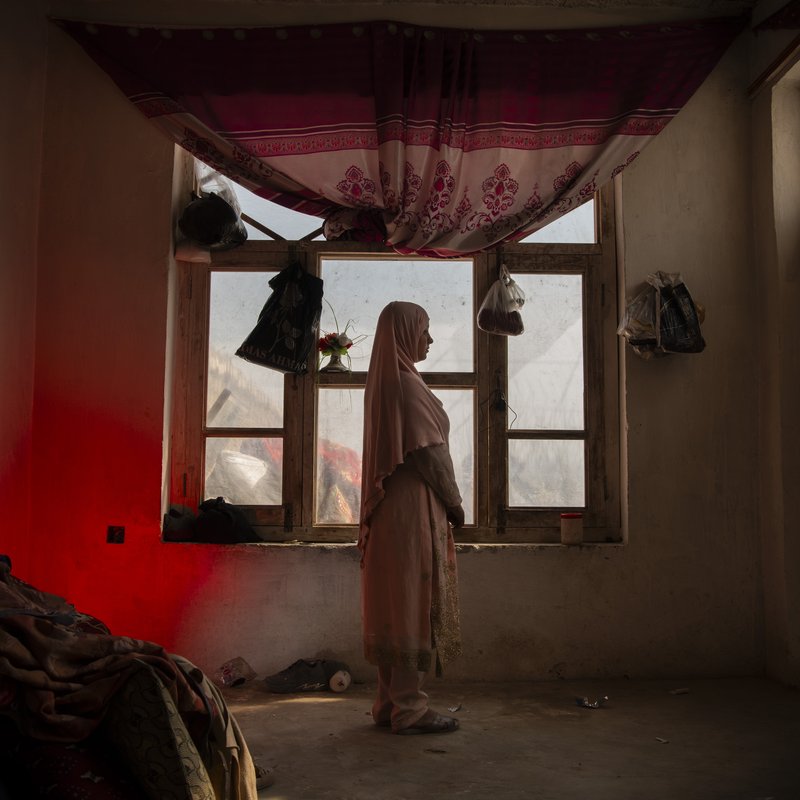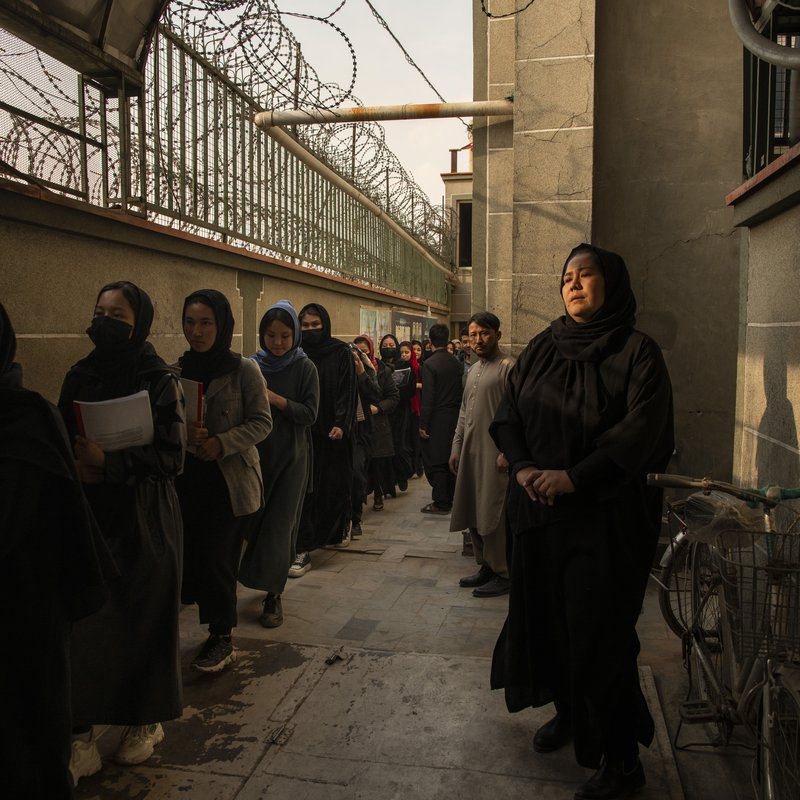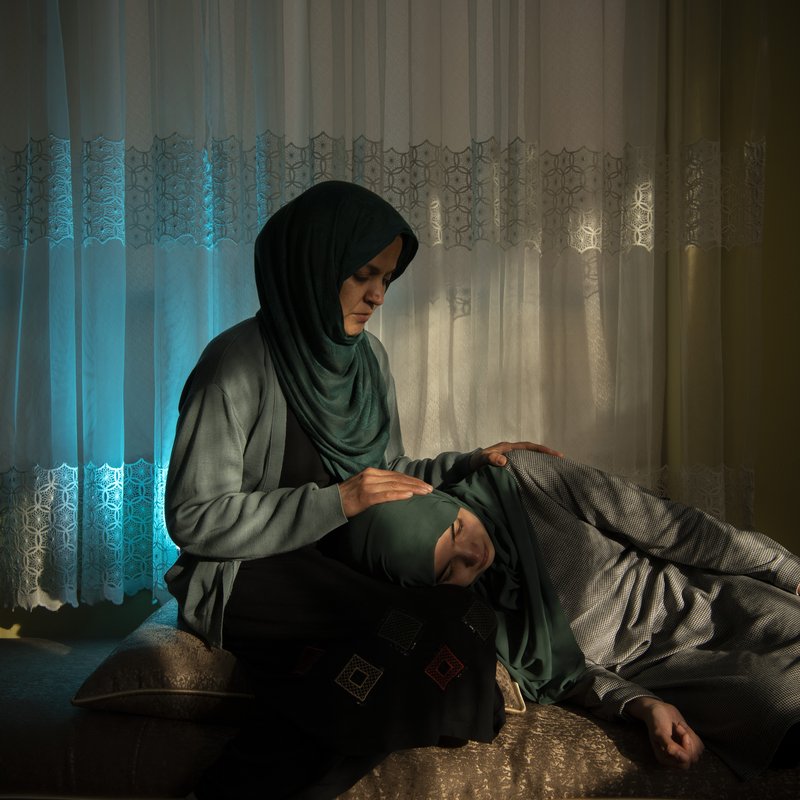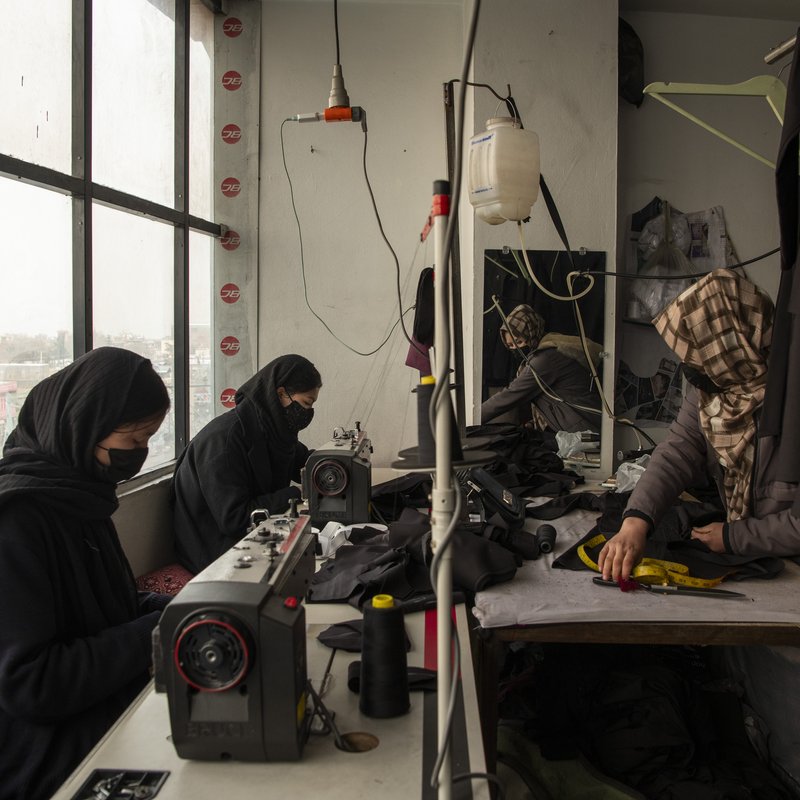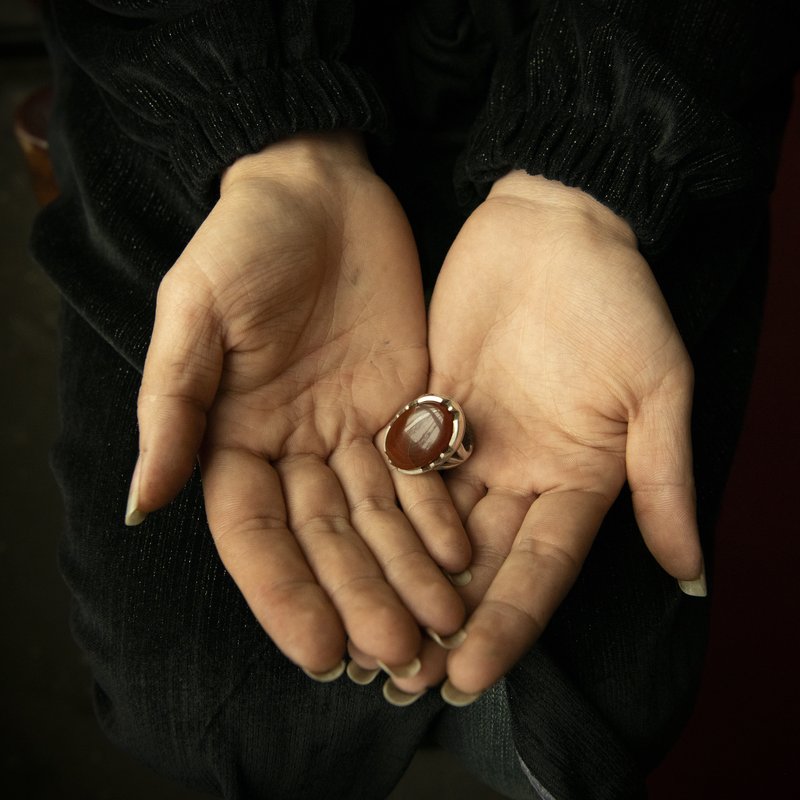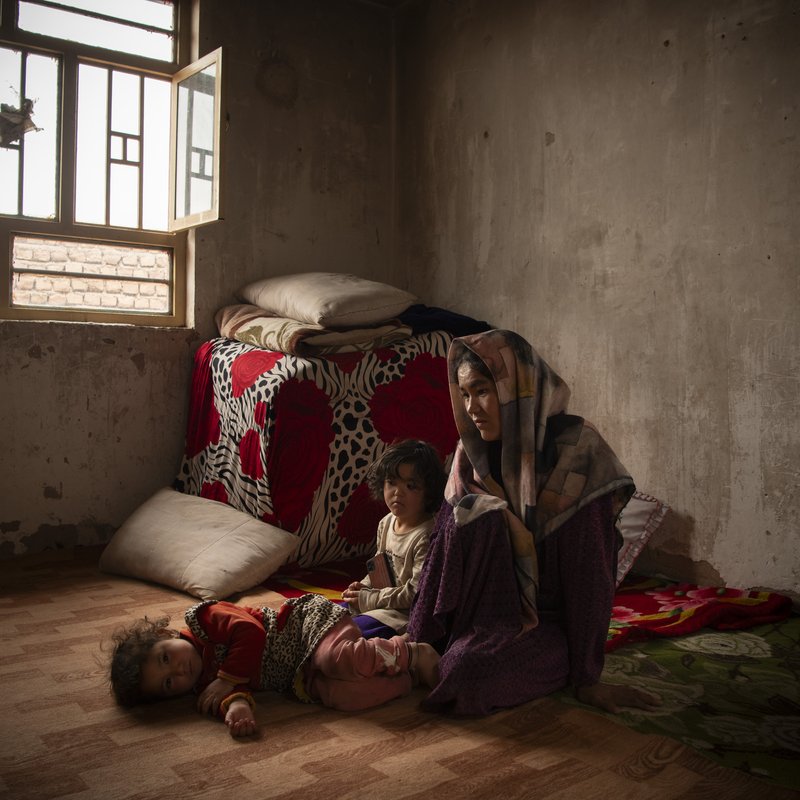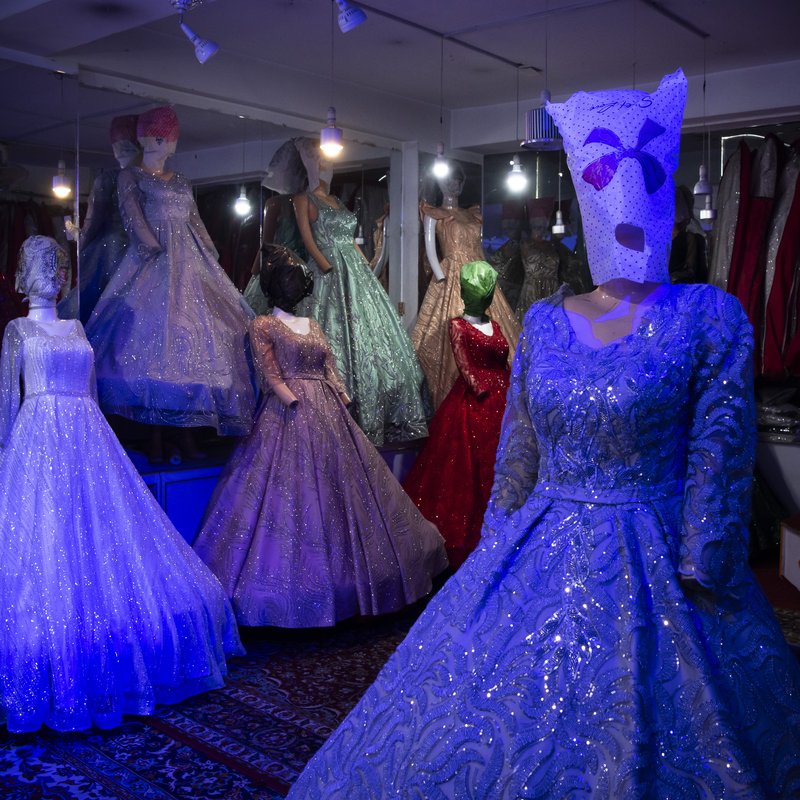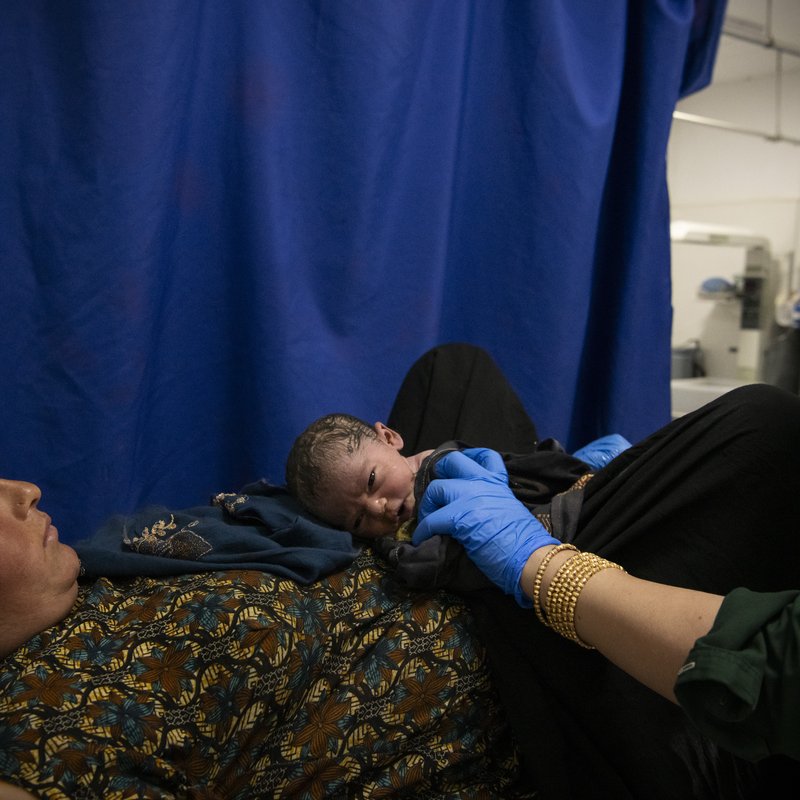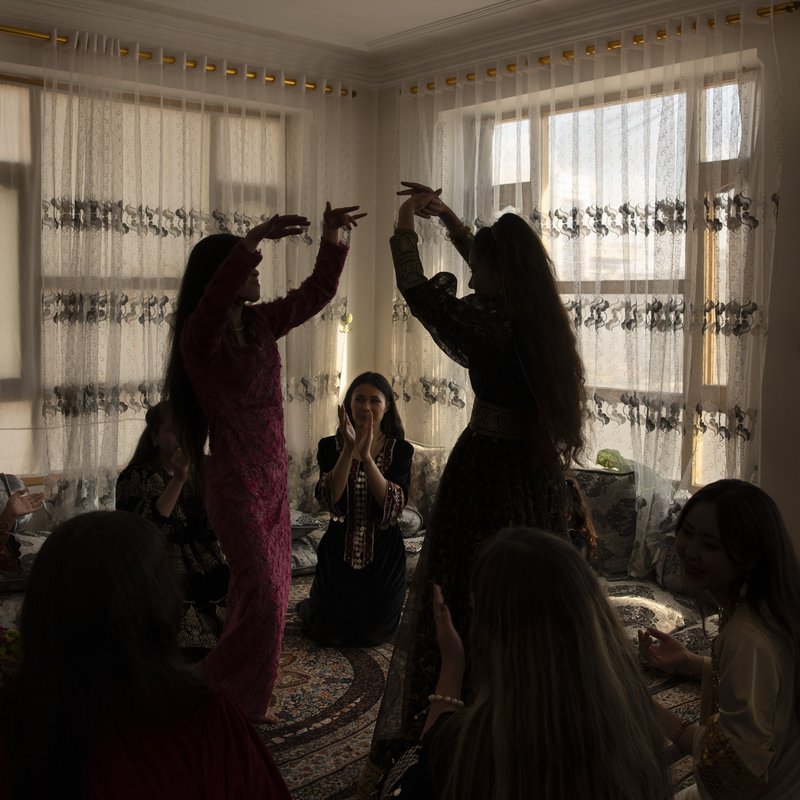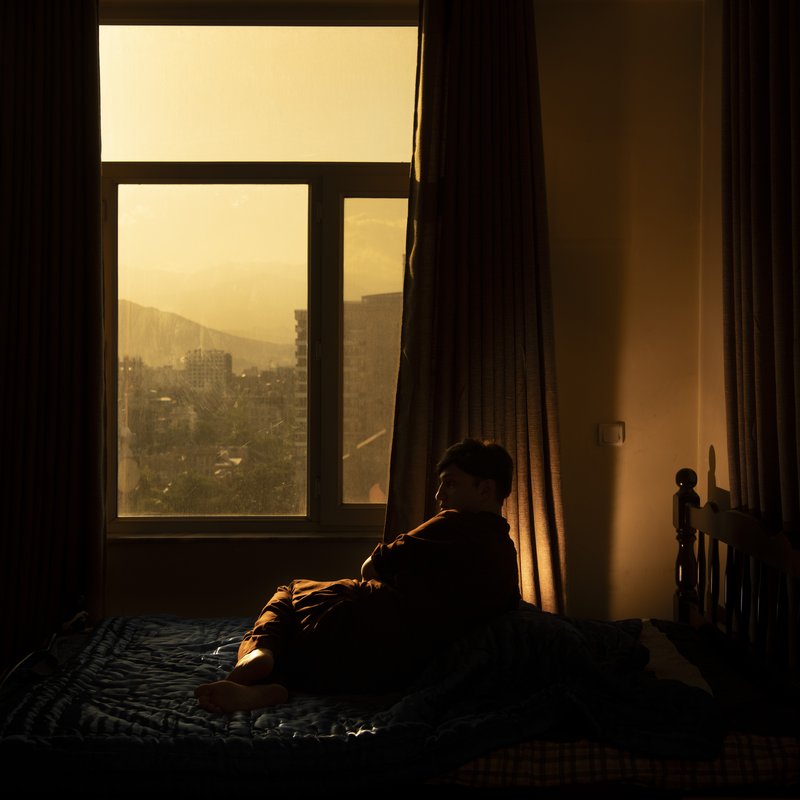First Place: No Woman's Land
No Woman's Land
JALAL ABAD | NANGARHAR | AFGHANISTAN | 2024-02-12 | Muska, 14, recently returned from Pakistan to Afghanistan with her family. She was going to school in Pakistan and is determined to continue her education. “Here the restrictions are more than in Pakistan. I went to school in Pakistan, I used to go to a Madrasa in Pakistan, but here I cannot go. I'm good at reading and writing. I’d rather live in Pakistan, there I could at least pursue my education.” Her family’s economic situation however does not allow her to go to school, and forced her parents into accepting a marriage offer from their landlord’s son, in exchange for the landlord to install a well and solar panels, the equivalent of a couple of hundreds of dollars, so that the family can have water and electricity. "No Woman's Land" presents a poignant look at the lives of Afghan women under the Taliban's stringent regime, capturing their day-to-day struggles and the stark realities they face. Today, Afghanistan remains the only country in the world where girls are prohibited from attending secondary school. Women are also denied access to higher education, largely barred from working outside their homes, and cannot leave their homes without a male guardian. The spaces where they once freely gathered—schools, parks, gyms, beauty salons, and offices—are now off-limits. Despite these overwhelming restrictions, Afghan women are finding subtle but powerful ways to resist. Their defiance is not displayed in public protests but unfolds quietly behind closed doors: in homes, through secret classrooms, and in moments of stolen joy that assert their indomitable spirit. This project delves into the complex interplay between modern aspirations and conservative forces within Afghanistan, illustrating how the scars of ongoing conflict and competing visions for the nation's future make any progress difficult and tenuous. "No Woman's Land" not only documents the harsh conditions these women endure but also highlights their resilience and the quiet acts of resistance that challenge their circumstances. Through compelling imagery, the project seeks to amplify their voices and shed light on their fight for dignity and self-expression in an oppressive environment.
Kiana Hayeri
